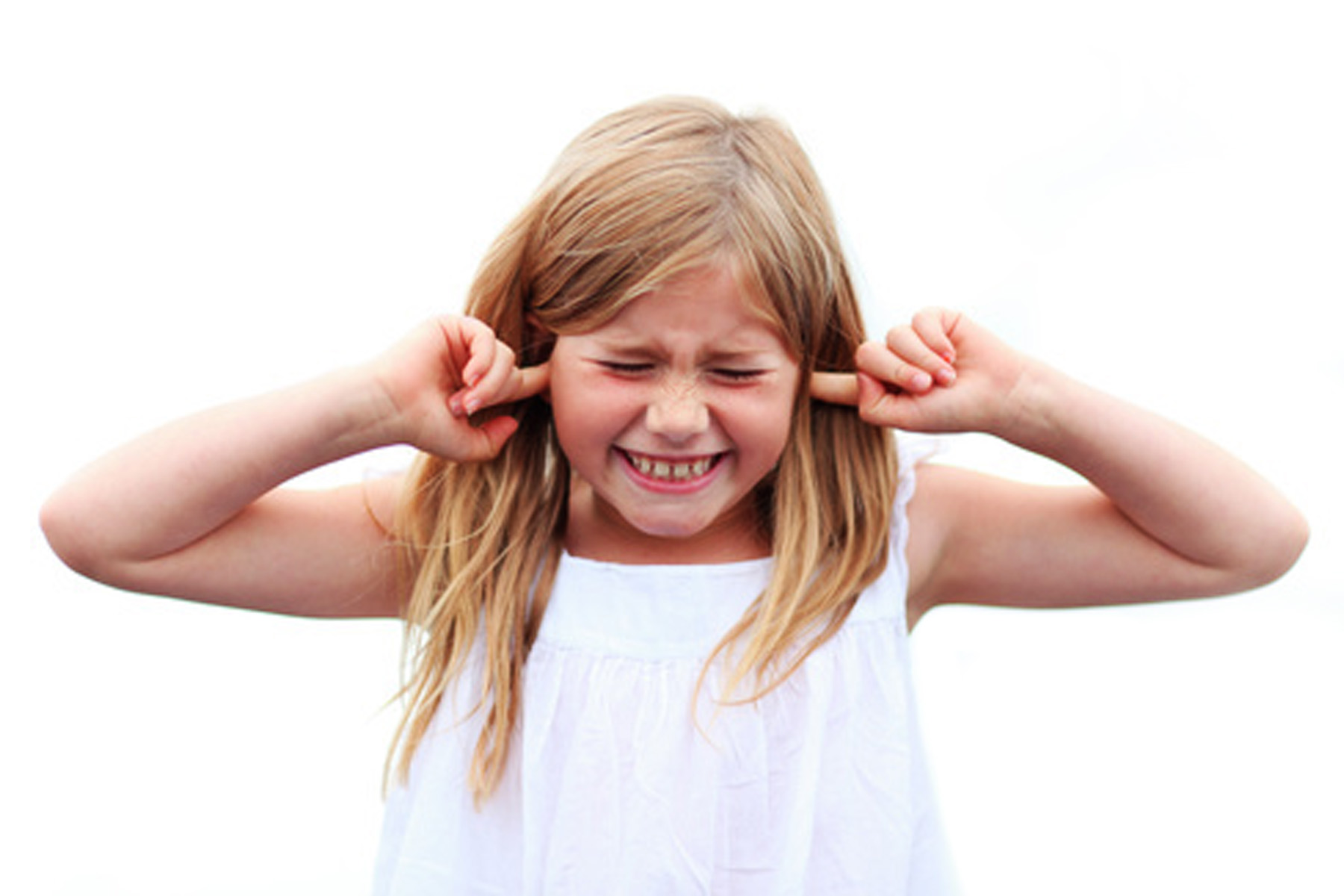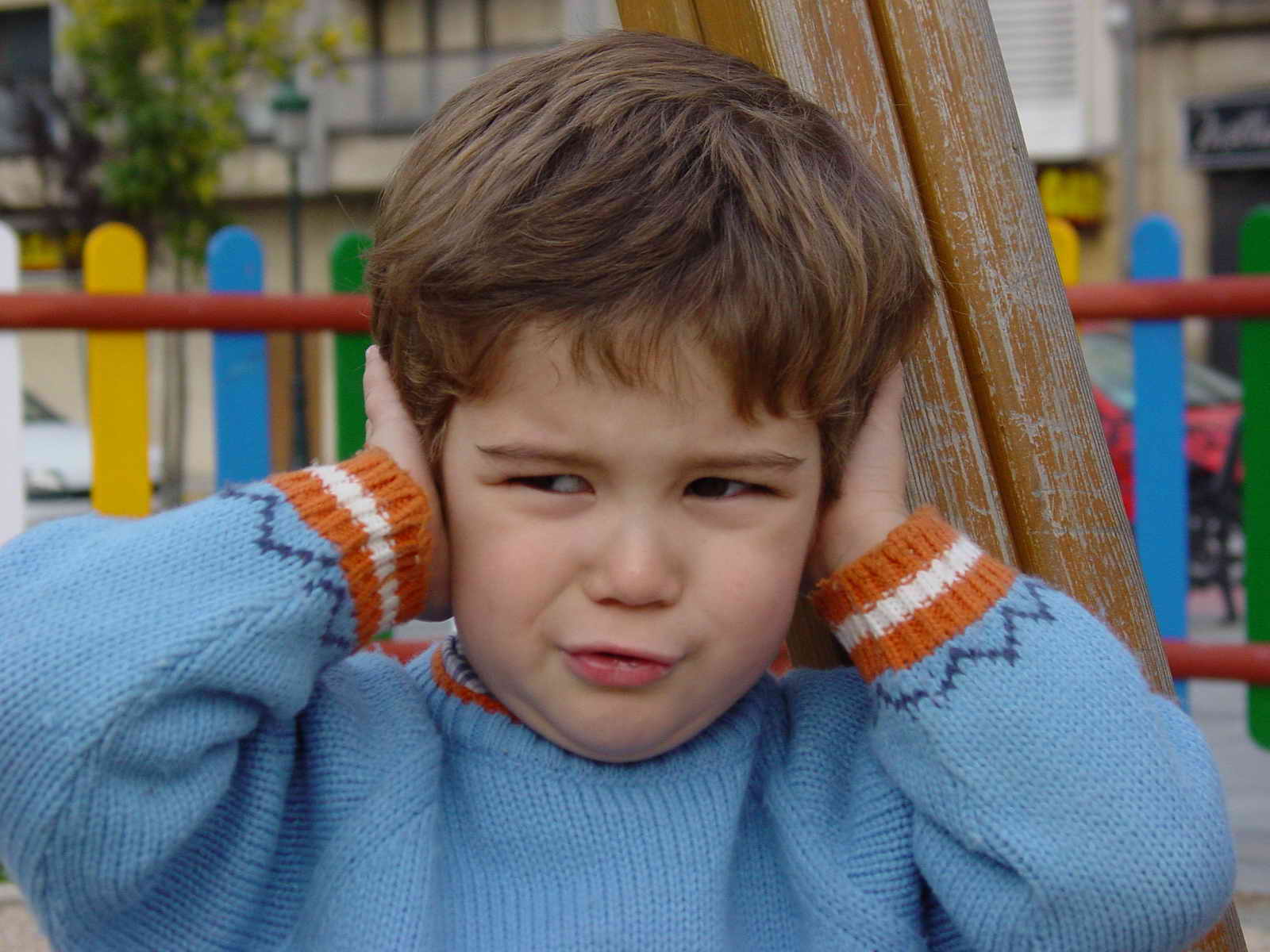Every day we are exposed to more or less loud noises, how can we prevent our children from having problems caused by noise pollution?
Who doesn’t like to listen to a beautiful song or the calm and relaxing sounds of nature? To us adults certainly, and even children are, since they were babies, attracted by music and sounds even before having developed a complete visual system.
The sounds that surround us, be they musical or environmental, or even the voices, influence our mood as well as that of our children for better or for worse.
So how to make listening (and everyday life) pleasant and not annoying to the point of causing damage to the hearing of children?
Considering that 65 dB is the maximum allowed threshold for external noise so that inside your home you can live comfortably and not risky for our health, it is an alarming fact.
Just as it is to think that the threshold of our auditory system is 80 dB, but listening through headphones (now widespread among teenagers) reaches 120 Decibels.
Clearly, too high acoustic pollution means greater risks for the little ones. Increasingly, an overexposure to noise can lead to …
- Irritability and nervousness
- Insomnia
- Headache
- Hearing impairment
- Tinnitus
- Cardiovascular risks

So how can we prevent the effects of too high noise pollution?
1 – First of all, the most obvious thing: Lower the volume of Radio, TV or music on headphones. In addition to the classic common sense it is always advisable to consider the purchase of good quality devices (especially headphones).
A high quality of music reproduction systems allows to “hear” a wider range of frequencies, thus obtaining a fuller and more pleasant sound even at low volumes.
The more the speakers, or headphones, are of poor quality, the more the frequencies are lost and it is necessary to turn up the volume to hear well.
In the case of headphones, moreover, good quality is synonymous with isolation from external sounds and therefore makes it less necessary to raise the volume.
2 – We check the games used by our children, checking that they do not have too high or annoying sounds
3 – If we were to go to concerts or to places where we know there are too high sounds, especially for children under the age of 5, let us equip them with insulating headphones.
Today, many of the companies that provide soundproofing headphones for noisy workplaces such as factories or construction sites also produce versions for children.
(personally I bought them for my child who, at 2 months from birth, was able to attend a concert in complete tranquility … in fact, he also fell asleep)
4 – Avoid places where noises with constant noises, even if not overly high.
For example, crowded places like shopping malls or markets. Too much exposure to continuous noise can have adverse effects on mood and sleep.
5 – Acoustic Insulation. If you live in the city, and especially in the busiest areas, you should consider buying double or triple glazed windows (which in addition to protecting from noise are also important to avoid heat loss)
A few simple steps can therefore avoid annoying disturbances to the hearing of our children, as well as to ourselves, and make us appreciate all the sounds and music that make life more enjoyable.



